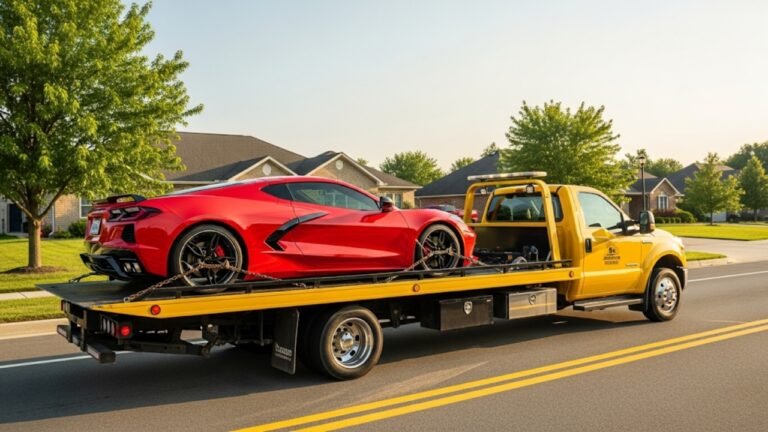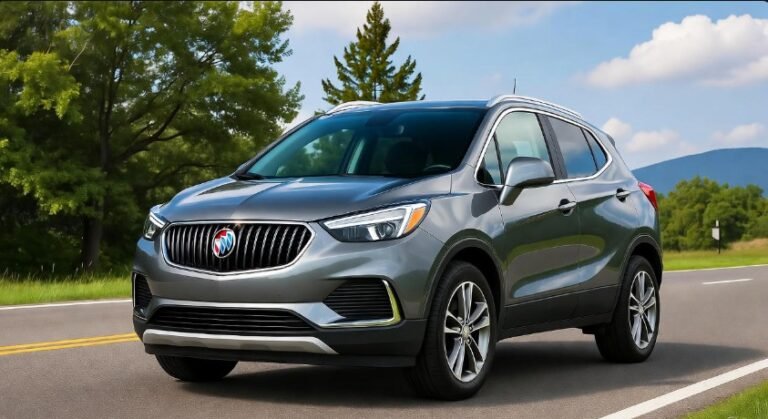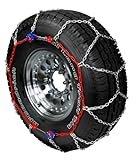Is Towing a Car Legal? Everything You Need to Know
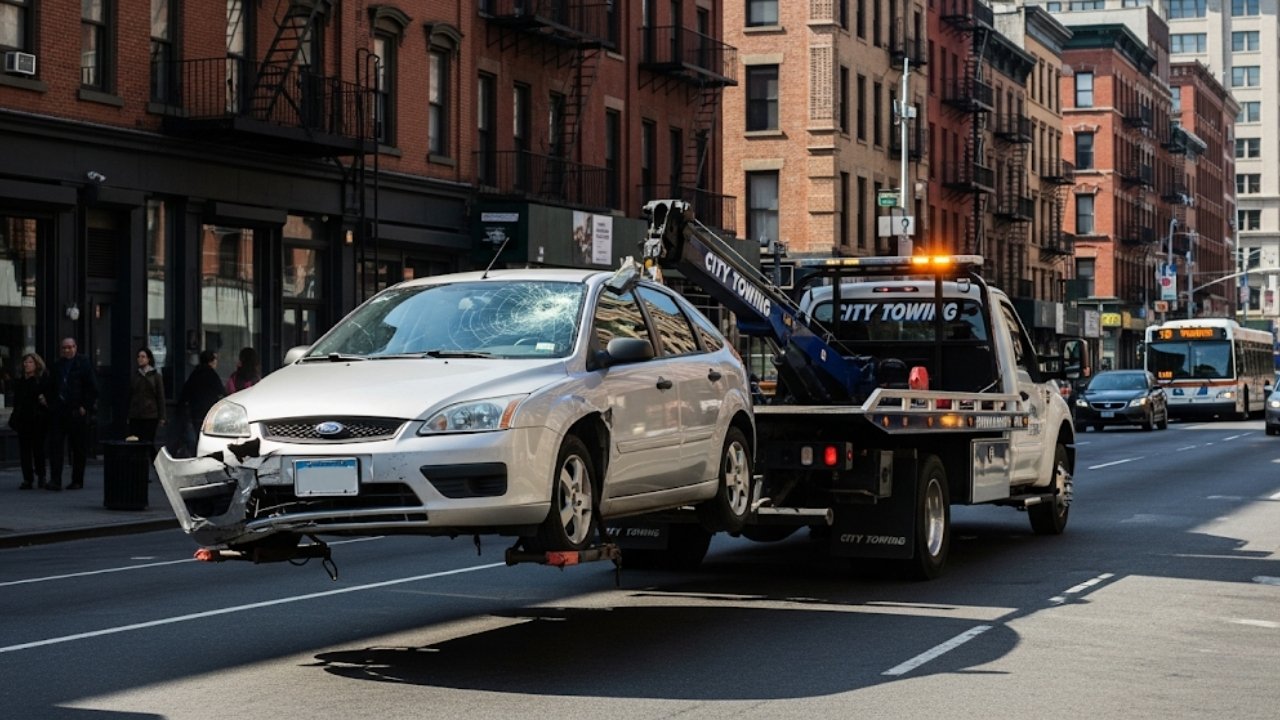
We’ve all seen it. A car stuck on the side of the road, hazards flashing, maybe a desperate driver pacing nearby, or someone attaching chains and preparing to tow. It makes you wonder — is towing a car legal? Can anyone just hook up and go? Or are there laws, permits, or weird loopholes that could land you in hot water?
That question isn’t as straightforward as it seems. Trust me, I once helped a friend tow his dad’s car across town — and ended up being pulled over by a not-so-happy police officer.
Turns out, car towing laws vary — not just by country, but sometimes even by city or neighborhood. In this article, we’ll break down everything — when towing is legal, when it’s not, and how to do it safely (and lawfully). We’ll also look at personal experiences, rules for towing companies, and why knowing your rights matters.
Let’s dive into this like we’re having coffee — simple talk, real info, and just a bit of legal flavor.
What Does the Law Say About Towing a Car?
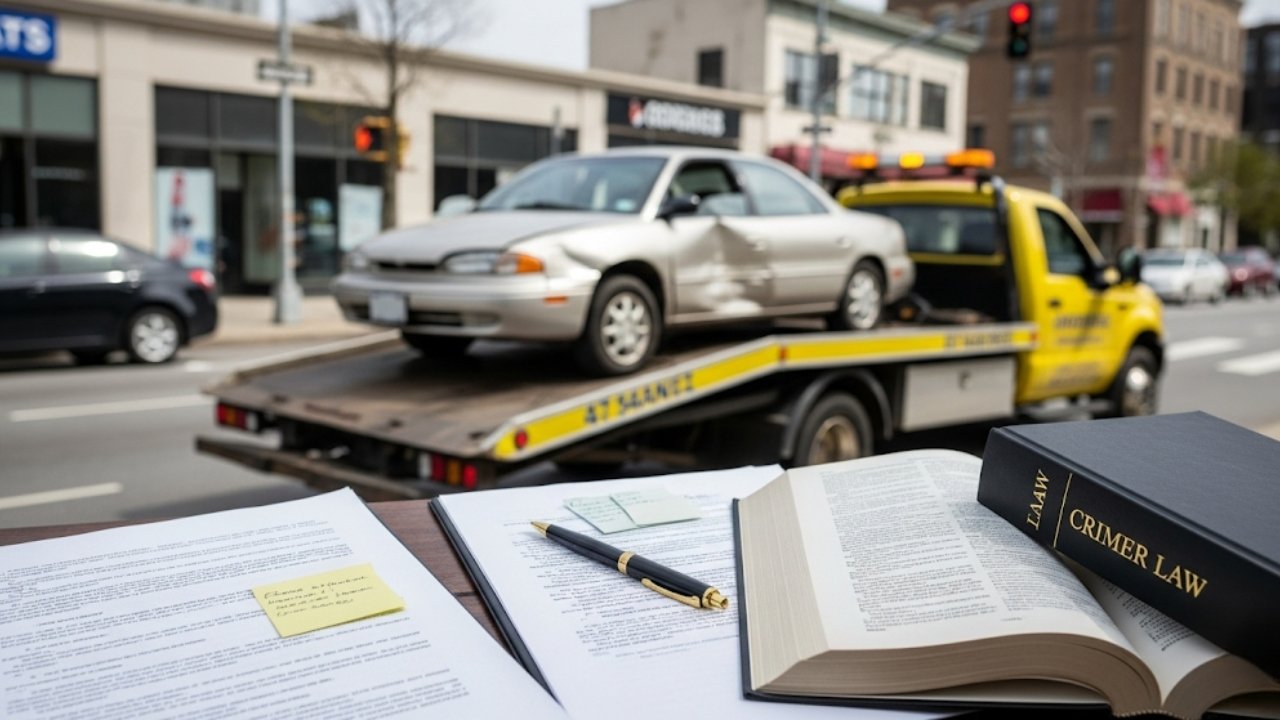
In most regions, yes — towing a car is legal, but there are conditions.
Here’s what typically makes towing legal:
-
You own the car, or you have legal permission from the owner
-
You’re not on private property without permission
-
The tow is being done in a safe and lawful manner
-
You’re following local traffic and towing regulations
Towing becomes illegal if:
-
You tow a car that doesn’t belong to you without the owner’s consent
-
You tow a car from private property without being an authorized service
-
Your tow setup is unsafe (no lights, no signals, poor equipment)
-
You’re operating in violation of local towing laws or permits
Every state (or country) defines this a bit differently. For example, in California, unauthorized towing from private lots is strictly regulated. In Texas, private citizens need a special tow truck operator license to legally perform tows.
The key here? Know your local laws. They can make the difference between helping a friend and facing a hefty fine.
️ Can You Tow Someone Else’s Car Without Getting Sued?
This one’s tricky. Picture this: A random car blocks your driveway. You’re late for work. You’re frustrated. You think, “Why not just tow it away?”
Here’s the hard truth — you can’t just tow someone else’s car without legal authority.
Unless you’re:
-
A law enforcement agency
-
A certified towing service
-
A property owner following local rules
You could get hit with a lawsuit for vehicle damage or theft. In some places, this could even be considered vigilante justice — not a great look.
But what if the car is blocking your driveway?
You’re usually allowed to call a licensed towing company to remove it — not tow it yourself.
Here’s a quick comparison table:
| Scenario | Legal to Tow Yourself? | Must Use Licensed Tow? | Notes |
|---|---|---|---|
| Your own car | ✅ Yes | ❌ No | As long as you’re not breaking traffic laws |
| Friend’s car (with permission) | ✅ Yes | ❌ No | Make sure to have written consent |
| Stranger’s car blocking your space | ❌ No | ✅ Yes | Call a tow service; don’t take action solo |
| Unauthorized tow from private lot | ❌ No | ✅ Yes (licensed only) | Towing laws apply strictly here |
So, while is towing a car legal is mostly a yes — towing someone else’s car without permission is a hard no.
️ What About Towing on Private Property?
This topic often causes confusion. You’ve probably seen signs that say:
“Unauthorized vehicles will be towed at owner’s expense.”
Yes, that’s totally legal — but only under certain conditions.
If you’re a property owner, like a landlord or a business owner, you can legally authorize towing. But you usually need to:
-
Post clear signage (size and wording often regulated)
-
Use a licensed towing company
-
Notify the local police department
-
Wait a minimum number of hours or days (varies by state)
This is where emotions run high. I’ve seen angry car owners argue with tow truck drivers at gas stations. Some try to physically block the tow. But remember — if it’s a legal tow, interfering can backfire.
In short, towing from private property is legal if you follow all the steps. Skipping one? You might end up being the one in legal trouble.
Do You Need a License or Permit to Tow?
This is one of the most misunderstood parts of towing law. So let’s clear it up.
If you’re towing your own vehicle using your own car or truck, and you’re not operating as a business — you usually don’t need a towing license.
But — and this is important — the moment you start towing for money, on public roads, or on behalf of someone else:
You may need a towing operator’s license or commercial permit, depending on where you live.
In the U.S., states like New York, Florida, and Nevada require tow truck operators to register with local agencies. Some cities, like Los Angeles, require special plates and insurance proof just to operate.
Here are some basics:
-
Private towing for yourself? ✅ No license needed
-
Towing for pay? ❌ License almost always required
-
Commercial tow truck? ✅ Must be registered and inspected
-
Rental trailers or dollies? Check terms and road laws
Always check with your DMV or local transportation authority before towing on public roads.
Safe and Legal Towing: What Gear Do You Need?
Let’s say you’re legally allowed to tow. That’s great! But how you tow also matters — not just for safety, but for legal compliance.
You’ll need the right gear. It’s not just about ropes and hope.
Must-have towing gear for a legal setup:
-
Tow hitch or trailer with the proper weight rating
-
Tow lights and indicators (required in many states)
-
Safety chains as backup in case of disconnect
-
Tow mirrors if your car blocks rear visibility
-
License plate visibility (your plate should still be seen)
And of course — you should know the GVWR (Gross Vehicle Weight Rating) for your car and the one you’re towing. If your tow setup exceeds weight limits, it may be illegal and unsafe.
Remember: the cops don’t care if you’re helping your uncle move his old minivan. If your tow bar breaks on the freeway, you’re liable.
Can the Police Legally Tow Your Car?
Yes, they can — and it happens more than you might think. If you’ve ever parked a little too close to a fire hydrant or left your car abandoned on the shoulder for too long, chances are a police tow was involved.
But let’s break it down. When is towing a car legal from a law enforcement perspective?
Situations where police can legally tow your car:
-
Illegally parked or blocking traffic
-
Abandoned vehicles on public roads
-
No registration or expired plates
-
Involved in a crime or traffic violation
-
Your car is a hazard to public safety
-
You’re arrested and your car needs removal
One time, a buddy of mine had his car towed just because his registration sticker was three weeks out of date — even though he’d already paid and was waiting for the tag. It seemed unfair, but legally? The officer was in the right.
Police follow municipal codes when towing, and many cities even allow towing without prior notice in specific situations.
So yes, is towing a car legal if done by law enforcement? Absolutely — and you often have little recourse unless it was done in error.
Does Insurance Cover Legal Towing?
Ah, the golden question — will your car insurance save the day if your vehicle gets towed?
The short answer: Sometimes. Not all policies cover towing, and if they do, it’s usually under roadside assistance.
Here’s how it typically works:
-
If you added roadside coverage, you may get free or discounted towing
-
If your car was towed after an accident, your insurer might reimburse you
-
If your car was impounded or towed by police, you usually pay out-of-pocket
-
Some insurers offer add-on towing packages for as little as $5/month
Pro Tip: Always check your insurance policy documents or app before assuming you’re covered. And even if you’re not, you might still be able to add towing coverage easily.
Is towing a car legal under your insurance? Yes — but only when it aligns with your policy. Otherwise, you’re footing the bill.
What Happens If You Tow Illegally?
This is where towing can get messy. Fast. Whether it’s a misunderstanding or a case of overstepping, illegal towing can cost more than you think — even if you meant well.
Consequences of illegal towing may include:
-
Fines or penalties ranging from $100–$1000+
-
Damage liability if you scratch, dent, or wreck someone else’s car
-
Theft charges if the owner presses legal action
-
Civil lawsuits for wrongful towing or property damage
-
Getting your own vehicle impounded
Even private tow companies aren’t immune. In some states, they face hefty fines for towing without notice or exceeding fee limits. If you’re a civilian and tow wrongly? You could face much worse.
So, when asking is towing a car legal, always ask another question: “Am I legally allowed to do this?”
Road Trip or Breakdown? Towing Your Own Car Across States
Imagine you’re on a road trip. Your car breaks down in the middle of nowhere. You have a second vehicle, a tow rope, and good intentions. Is it legal to tow it yourself across state lines?
In most cases, yes — but only if:
-
You’re towing your own vehicle
-
You’re using proper towing equipment
-
The vehicle isn’t occupied during the tow
-
You’re following interstate towing laws and speed limits
What many folks don’t know is that each state has slightly different rules — from max towing speeds to lighting and chain requirements.
Here’s a simple example of variations:
| State | Max Towing Speed | Safety Chains Required? | Tow Lights Required? |
|---|---|---|---|
| California | 55 mph | ✅ Yes | ✅ Yes |
| Texas | 70 mph | ✅ Yes | ✅ Yes |
| New York | 65 mph | ✅ Yes | ✅ Yes |
So yes, is towing a car legal across state lines? Yes, if you’re careful and compliant.
Relatable Insight: The “Good Samaritan” Trap
I once saw a kind-hearted guy try to help an elderly woman whose car had stalled in a Walmart parking lot. He hooked up his pickup and began towing it — when suddenly mall security pulled up. Turns out, the car wasn’t hers, but her son’s — and the situation got complicated.
The takeaway?
Even well-meaning towing can turn into a legal headache. Always get written or recorded permission, even from family members. When in doubt, call a professional.
❓ FAQs About “Is Towing a Car Legal?”
1. Can I tow a car with a rope or chain?
Yes, but only if local laws allow it. Some places require a rigid tow bar for safety. Always check your DMV guidelines.
2. Is it legal to tow a broken-down car myself?
Yes, if you own it or have permission, and your towing setup is roadworthy.
3. What if someone tows my car without my consent?
That’s illegal unless done by authorized towing services or police. You can file a police report or civil claim.
4. Can apartment complexes legally tow my car?
Yes — if you’re parked illegally and proper signage is posted. They must follow notice rules and call a licensed tow operator.
5. Is it legal to stay in a towed car while it’s moving?
Absolutely not. It’s illegal — and extremely dangerous. Never ride inside a vehicle that’s being towed.
6. Can I sue if my car was towed unfairly?
Yes, if you can prove the tow was unlawful or caused damage. Keep records, photos, and documentation.
7. How much can I be fined for illegal towing?
Fines vary — from $100 to over $1,500. You could also be sued for damages or face misdemeanor charges.
8. Are towing laws the same everywhere?
Not at all. Towing laws differ by state, city, and even district. Always check local guidelines before towing.
Final Thoughts: Towing Isn’t Just Metal and Wheels — It’s Law and Logic
At the end of the day, is towing a car legal is a simple question — but with complex answers. It’s like a highway. The path seems clear until a detour or roadblock appears.
Legality depends on ownership, location, method, and intent. Tow your own car? Usually okay. Tow someone else’s without permission? Major trouble.
The best advice? Always double-check local laws, use proper towing equipment, and when in doubt — call a pro.
Helping someone is noble. Just make sure you’re not turning a good deed into a legal problem.

